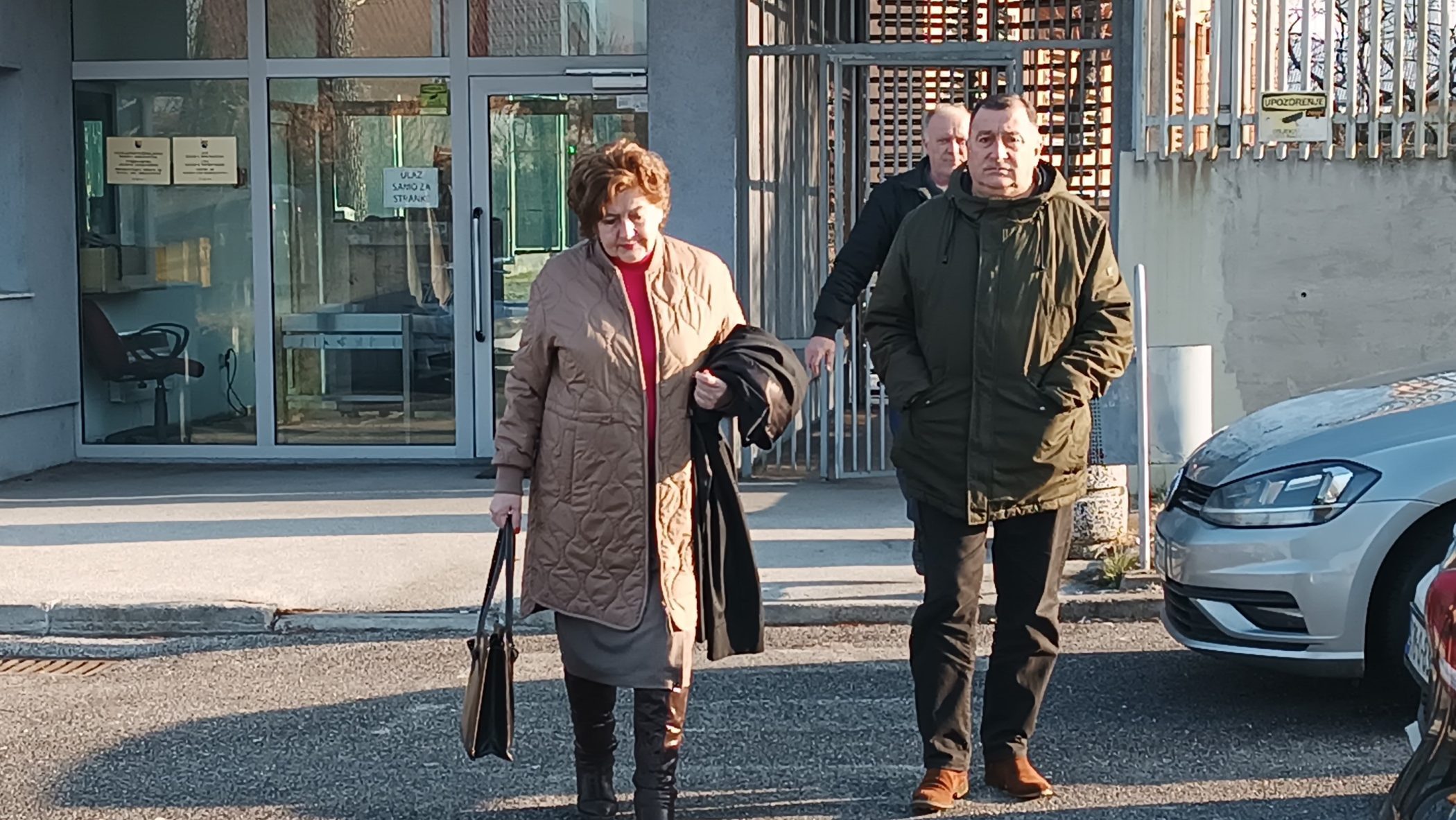This post is also available in: Bosnian
Gojko Klickovic wanted to introduce a letter sent by Philip Alcock, Prosecutor with the Prosecution of Bosnia and Herzegovina, to Klickovic’s Defence team, warning it not to contact a protected witness and disclose his personal data.
The Prosecution and the Court considered this document to be irrelevant for the presentation of evidence.
“It is important, because their cynicism is expressed throughout the trial. He (author’s note: the Prosecutor) brought this paper on the day when the witness was supposed to testify and put it on the table. This was a blatant act. The document is unsuitable,” Klickovic said.
After the Court refused to admit this document, Klickovic stopped presenting evidence, saying he did not want to continue “under such circumstances and in such an atmosphere”.
“I have more pieces of material evidence, but the question is whether it is worth presenting them? A decision has already been made in this case,” he said.
The Prosecution of Bosnia and Herzegovina charges Klickovic, Mladen Drljaca and Jovan Ostojic with crimes committed in the Bosanska Krupa area during 1992.
The first indictee declined to say whether he was giving up presenting evidence altogether or whether he simply did not want to present any more pieces of evidence at this hearing. When asked by the Court about the further plans for his defence, he said he would think about them in the coming days, adding that he “cannot act in line with somebody else’s wishes”.
“I am asking you to consult your defence attorney, because you are presenting nonsensical documents here,” Trial Chamber Chairman Zoran Bozic said, inviting the Defence of Mladen Drljaca to begin presenting its evidence if the first indictee did not want to continue presenting his.
“How can you say the document is nonsensical when its speaks about the cynicism demonstrated by the Prosecution? In that case, the whole trial is nonsensical,” Klickovic said.
Nevertheless, the indictee agreed to propose witnesses to be examined at the next hearings, due on Tuesday, October 13 and Wednesday, October 14.
Finally, the Trial Chamber warned Klickovic that he would “have to change his behaviour”.
Prior to the end of the hearing, Klickovic presented three articles published in Oslobodjenje daily from Sarajevo, by which he he said he wished to demonstrate that crisis committees were not organs but “ways of conducting actions”. He said they did not have any authority.
“They conducted actions on behalf of some institutions. They could not make decisions on their own. They do not have a constitutional or legal basis. (…) Those were political bodies that functioned prior to the conflict. After that the wartime Presidency took over,” Klickovic said.
He then also presented a letter from the Government of the Serb Republic of Bosnia and Herzegovina dated April 1992 withdrawing “The Instructions on the Work of Crisis Committees”, “because the conflict had started and there was no need for crisis committees to function”.
The indictment alleges, among other things, that Klickovic was President of the Executive Board of the Serb Democratic Party, SDS, Crisis Committee and wartime Presidency of the Serb municipality of Bosanska Krupa.




